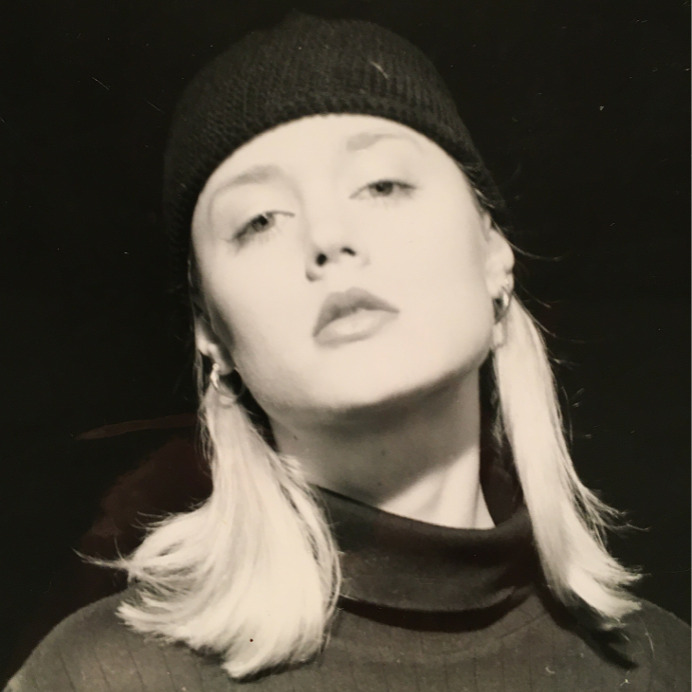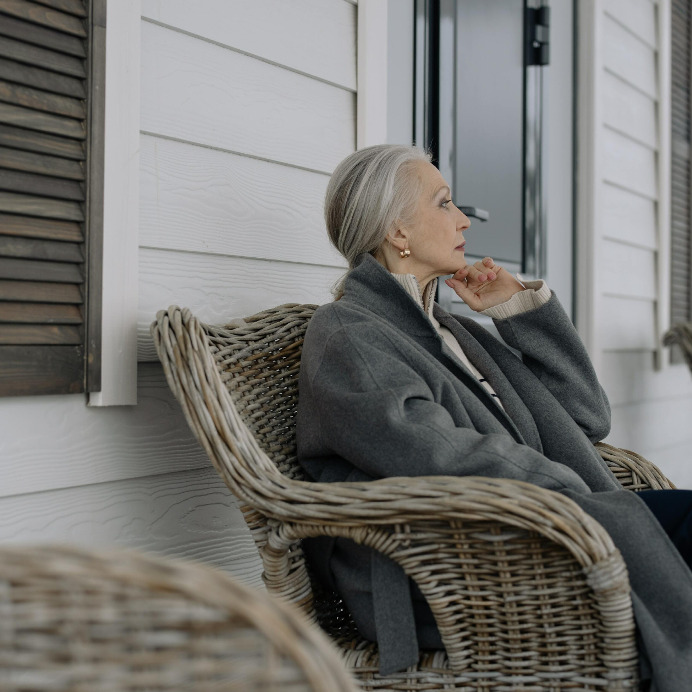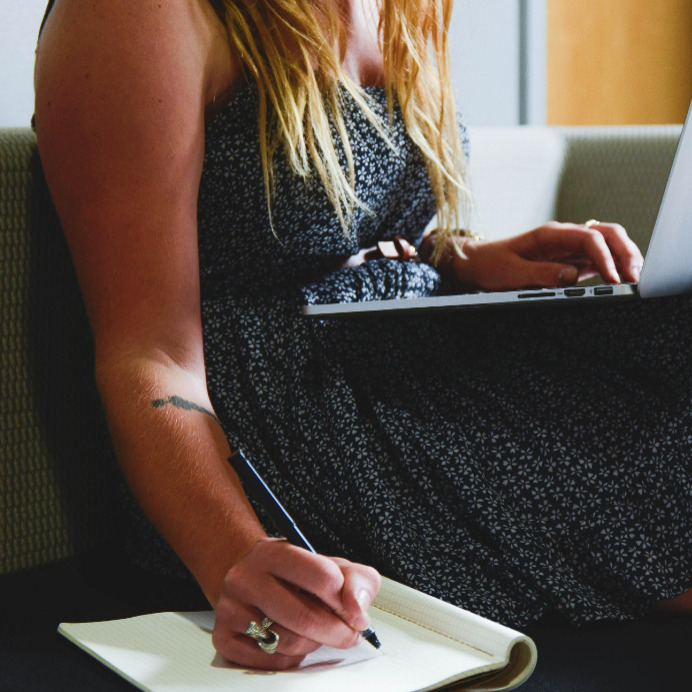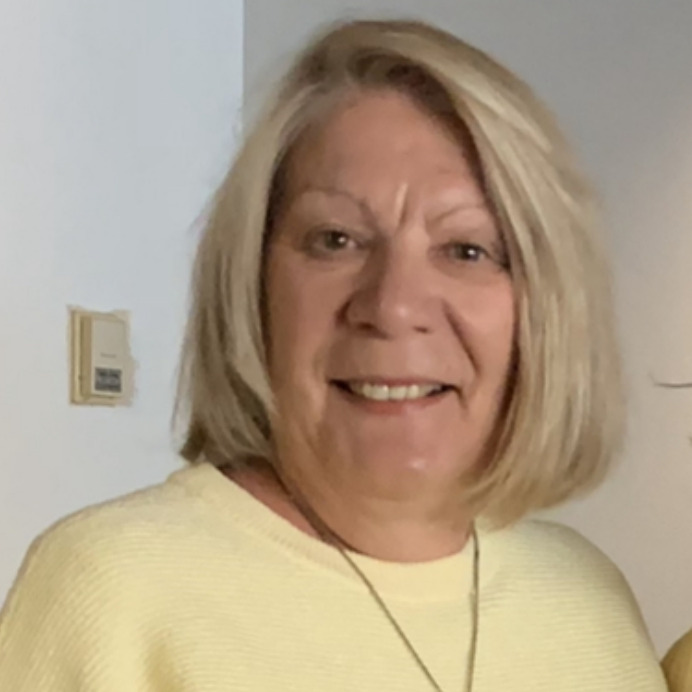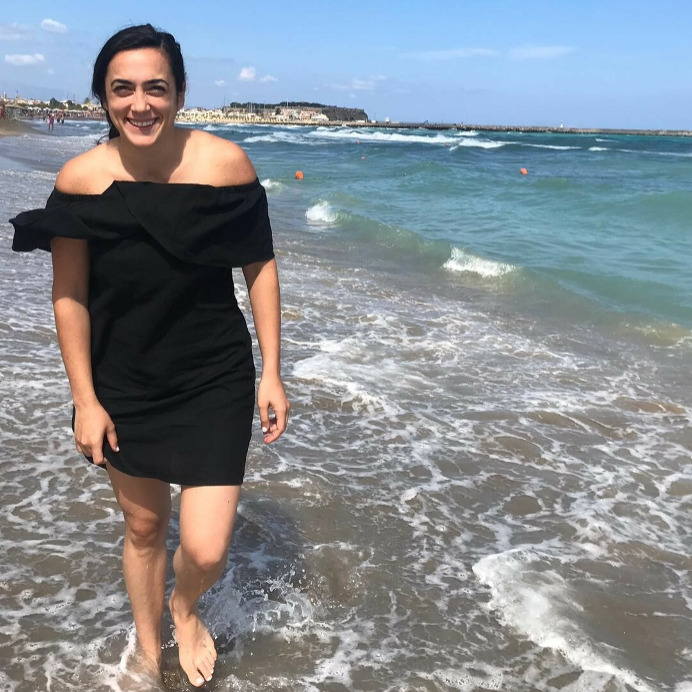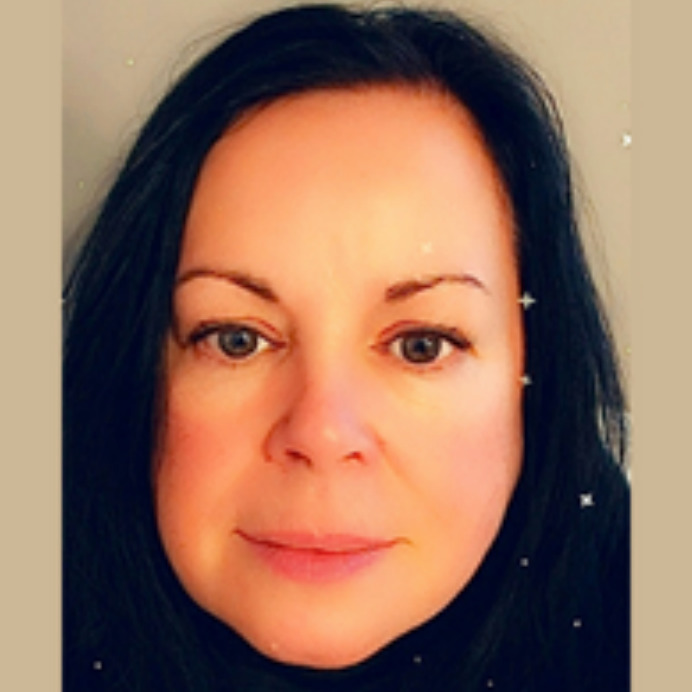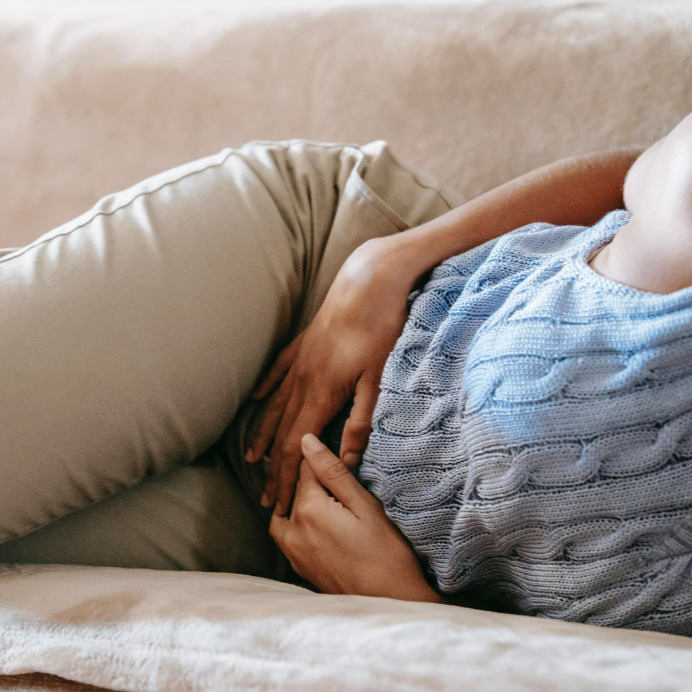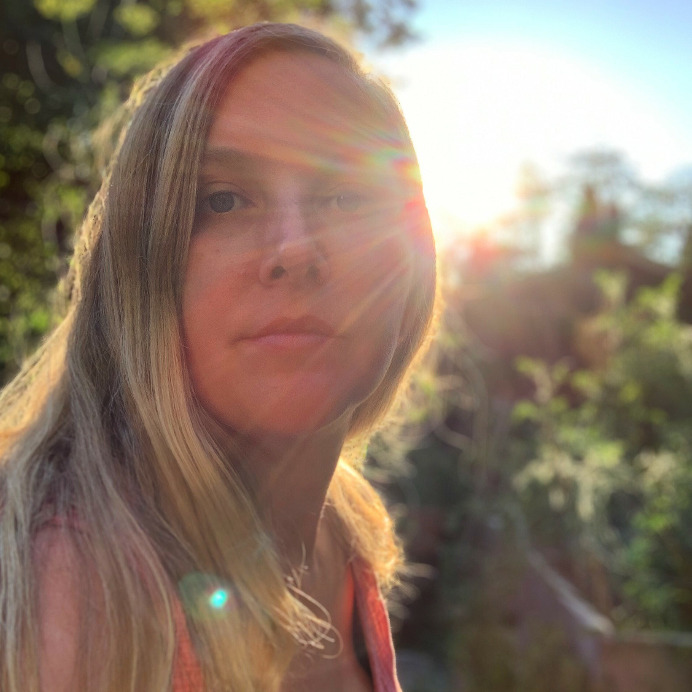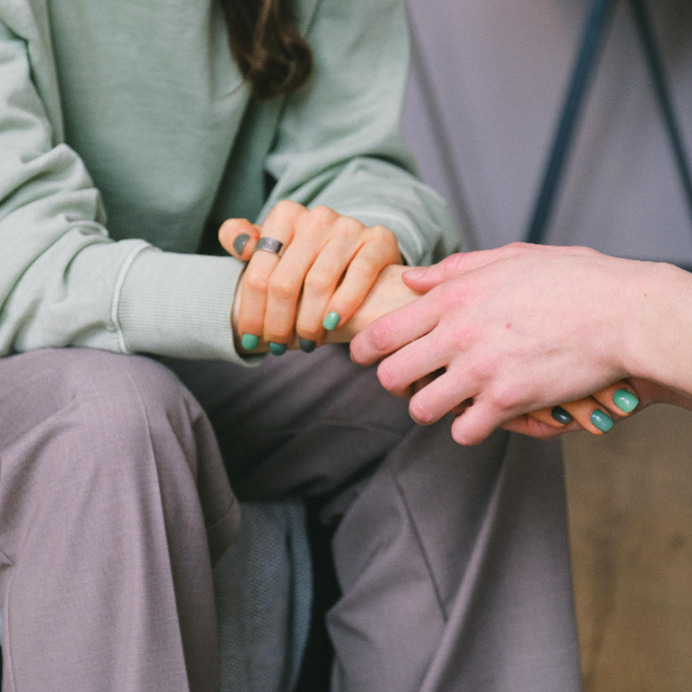By continuing to use our site, you consent to the processing of cookies, user data (location information, type and version of the OS, the type and version of the browser, the type of device and the resolution of its screen, the source of where the user came from, from which site or for what advertisement, language OS and Browser, which pages are opened and to which buttons the user presses, ip-address) for the purpose of site functioning, retargeting and statistical surveys and reviews. If you do not want your data to be processed, please leave the site.
The Voice of People With Breast Cancer
Education
Our Voices Blog
Category : Stories
I Know How I Want to Die
I know how I want to die. I want to be in my bed, wearing my favourite pair of black and white patterned, soft cotton pajamas. I’ll be tucked under my duvet, lying on my side with my head resting on top of the extra long, queen-sized and ridiculously expensive down feather pillow I serendipitously purchased right before I was diagnosed with breast cancer. Softer than any pillow I’ve ever owned, it was worth it. After surgery and throughout treatment, my body smooshed into its feathery goodness like a hug. It protected my body parts that hurt and helped ease my stress into sleep. Like my two kitty-cats, it’s just something I won’t die without.
The Mental Health Impacts of a Breast Cancer Diagnosis
Experiencing a breast cancer diagnosis is overwhelming and while the overall physical impacts of the disease are well-known, the mental health impacts are often less discussed. The shock of being diagnosed, the fear of recurrence, and the anxiety that comes with living with a breast cancer diagnosis, among other mental health effects, are not considered. As far as the public knows, breast cancer is a physical disease that lasts only as long as its treatment. However, we know that is nowhere near the truth. To highlight this, we asked community members to comment on what impact their breast cancer diagnosis and experience has ha or continues to have on their mental health.
Radiation Prep. Three Tips You Need to Help You Feel in Control and to Support Yourself
Having radiation treatment is something you can never truly be emotionally ready for. At least I wasn’t. The doctors shared the basic need-to-know information, but the rest felt vague, unknown and definitely out of my control. Of course I Googled radiation treatment and what to expect, but again, something was missing. Where was the insider insight I desperately wanted? Rationally, I knew there would never be a guide tailored to my breast cancer experience, everyone experiences it differently as treatment is unique to your cancer and your body. But after the surgery, after I was told I had Stage 1 cancer, after my lump was sent to California for Oncotype DX testing to determine whether or not it would spread, have the likelihood of a recurrence and what my best treatment plan should be, it was my turn. And I always wished there was a checklist I could refer to or a step-by-step action plan I could walk to make my journey into the unknown a little better. There wasn’t, so I’m sharing what I’ve learned along the way so that if you need this insight or know someone else who may, it is here for you.
On the Fifth Anniversary
Five years ago, I went into a doctor’s office and walked into a storm. I was diagnosed with breast cancer.
“It’s probably nothing.”: Getting Breast Cancer in My 30’s
It all started in July 2021. A drop of bloody nipple discharge led me down the rabbit hole of Google and WebMD which, for once, was actually reassuring - it’s usually harmless. I scheduled an appointment with my doctor the following day who shared the same sentiment – it is probably nothing, but I will refer you to a breast clinic just in case. As a 30-year-old with no family history of breast cancer and a couple of benign fibroadenomas, I wasn’t too worried, and neither was my Surgical Oncologist initially; the odds were in my favour, it was likely benign. And so I attended my ultrasound, mammogram, and biopsy appointments – each time observing how the other women in the waiting room were decades older than me.
The Tamoxifen Ten. How to Combat the Ten Years’ Worth of Wrinkles and Dry Skin Breast Cancer and Tamoxifen Add to Your Face
I’ll never forget the day I looked in the bathroom mirror and saw a face that resembled mine, except that it looked ten years older, staring back at me. And no, it wasn’t the cloudy, moth-eaten Lululemon sweater I only ever took off on laundry day, bad lighting, months-long fatigue or even my emotions playing tricks with my eyes. This was real. So much so that not even Kylie or Rihanna could help me, despite being the Holy Grails of Millennial beauty. Biologically I was still be the same age, but my skin? An extra decade’s worth of fine lines, crow’s feet, dark under eye circles and cheek sag had all but literally wiped out my formerly tight, collagen-plump and rosy glow.
Joycelyn's Cancer Journey
Joycelyn Merkley, from Shelburne, Ontario, describes herself as: a girlfriend, mother, grandmother, sister, and daughter. She has lived 53 years embracing these roles when in July of 2021 she was thrown into another role: breast cancer patient.
Tamoxifen’s One Perk: Not Having My Period
The only thing I miss about Tamoxifen is not getting my period.
Ten Years: On the Unplanned Path of Early-Stage and Late-Stage Breast Cancer
Five years ago, I shared that I made it 5 years out from the day I was told “it’s breast cancer.” 6 months after that, I was diagnosed with stage 4 breast cancer. I was in the 30% of early-stage breast cancers that eventually becomes metastatic.
Support. How to Give it, How to Get it
I finally caught up on my television viewing and watched the Friends Reunion show and the first two episodes of And Just Like That… Through the nostalgia, out-loud belly laughs and floods of tears (there were tons of each), one thought dominated: this is what support looks like. Sure, it was just TV, but if I could feel the connection and love through my 29-inch screen, then so can other people. I’m pretty sure that’s why these shows resonate. Support is survival. I need it and you do too, especially when you’re living with cancer, overcoming it, in the healing process, in remission or even know someone going through breast cancer. Asking for what you need though can be tough. We’re hardwired to put on a brave face or listen to whatever other crap messaging we tell ourselves we need to do. And it’s never worth it. So instead of being an island, try one or all of these suggestions to give and to get the support you deserve.

